Understanding The Karate Kid: Themes, Characters, And Martial Arts
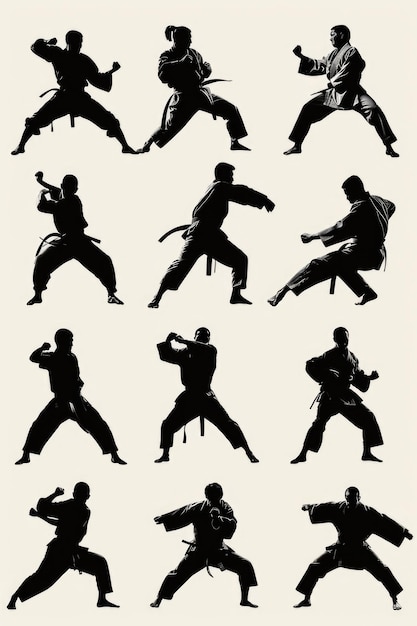
Table of Contents
Exploring the Core Themes of The Karate Kid
The Karate Kid is far more than just a martial arts movie; it's a rich tapestry woven with timeless themes that resonate with audiences of all ages. The film's enduring appeal lies in its exploration of universal struggles and triumphs. Key themes include self-reliance, perseverance, respect, mentorship, and overcoming adversity—all experienced through the lens of a young boy's journey into the world of karate.
-
Self-discovery and self-reliance: Daniel LaRusso's journey is a quintessential coming-of-age story. He arrives in California insecure and vulnerable, a fish out of water. Through his training and the challenges he faces, he develops self-confidence and an inner strength he never knew he possessed, ultimately becoming a self-reliant individual.
-
The importance of discipline and perseverance: Mr. Miyagi's training regimen is notoriously rigorous. The seemingly mundane tasks, like "wax on, wax off," are cleverly disguised lessons in discipline and perseverance. Daniel's success is a direct result of his commitment to the process, highlighting the importance of hard work and dedication.
-
Respect for oneself and others: The film subtly addresses themes of prejudice and bullying. Daniel's conflict with Johnny Lawrence and the Cobra Kai dojo initially stems from cultural differences and misunderstandings. Mr. Miyagi's teachings emphasize respect for oneself and others, paving the way for Daniel to overcome prejudice and find common ground.
-
The power of mentorship: Mr. Miyagi is more than just a karate instructor; he's a wise and patient mentor who guides Daniel through his physical and emotional growth. His unique teaching style, combining practical karate training with life lessons, has a profound and lasting impact on Daniel's development.
-
Overcoming adversity through hard work and dedication: Daniel faces numerous obstacles: bullying, romantic complications, and the intense pressure of the All Valley Karate Tournament. His eventual triumph isn't due to luck but to his relentless hard work and unwavering dedication to his training and self-improvement.
Key Characters and Their Significance
The characters in The Karate Kid are richly developed, each contributing to the film's emotional depth and narrative complexity. Their interactions and character arcs drive the story forward and leave a lasting impression.
-
Daniel LaRusso: Daniel's journey from an outsider to a confident karateka is the emotional core of the film. His initial vulnerability, his struggles with bullying, and his eventual growth make him a relatable and sympathetic protagonist.
-
Mr. Miyagi: Mr. Miyagi is an enigmatic and wise figure, a master of Miyagi-Do karate and a mentor beyond compare. His unconventional teaching methods and unwavering support are crucial to Daniel's success. He represents a powerful ideal of patience, wisdom, and unwavering belief in his student.
-
Johnny Lawrence: Often viewed as the antagonist, Johnny Lawrence's character is far more nuanced than a simple bully. His motivations, his relationship with Kreese, and his own struggles offer a glimpse into the complexities of his personality and provide a counterpoint to Daniel's journey.
-
Ali Mills: Ali Mills represents a significant part of Daniel's emotional journey. Her presence adds a layer of teenage romance and further emphasizes Daniel's personal growth and confidence.
-
John Kreese: The antagonist, John Kreese, embodies the ruthlessness and aggression of the Cobra Kai dojo. He represents a negative influence, highlighting the dangers of unchecked ambition and a win-at-all-costs mentality. His role in shaping Johnny Lawrence’s character is critical to understanding the conflict.
The Martial Arts of The Karate Kid
The martial arts element is integral to The Karate Kid's narrative and thematic structure. The film showcases two contrasting styles, highlighting the different philosophies behind each.
-
Miyagi-Do Karate: Miyagi-Do emphasizes balance, discipline, and self-defense. It's a style characterized by its practicality and emphasis on mindful movement and self-control. The techniques are less about brute force and more about precision and efficiency.
-
Cobra Kai: In stark contrast, Cobra Kai promotes aggression, intimidation, and a "no mercy" approach to fighting. This philosophy represents the negative aspects of martial arts, emphasizing winning above all else.
-
Real-world applications of the techniques: While some of the techniques are stylized for dramatic effect, many of the self-defense moves showcased in the film are rooted in real-world applications of karate, particularly Shotokan karate, from which Miyagi-Do draws inspiration.
-
The symbolism of the "wax on, wax off" training: This iconic training scene is far more than just chores. It symbolizes the importance of patience, discipline, and the hidden power in seemingly mundane tasks. The repetitive motions build muscle memory, focus, and dexterity—essential components of mastering any skill.
Conclusion
The Karate Kid continues to resonate with audiences because it masterfully blends themes of self-discovery, mentorship, and perseverance with the exciting backdrop of martial arts. The film's memorable characters, contrasting styles of karate (Miyagi-Do and Cobra Kai), and its exploration of bullying and overcoming adversity have secured its place in cinematic history. The lasting legacy of the film lies in its timeless message of the power of hard work, discipline, and believing in oneself.
Deepen your understanding of The Karate Kid by exploring its various layers and nuances. Rewatch the classic film and appreciate its enduring message on self-discovery and perseverance.

Featured Posts
-
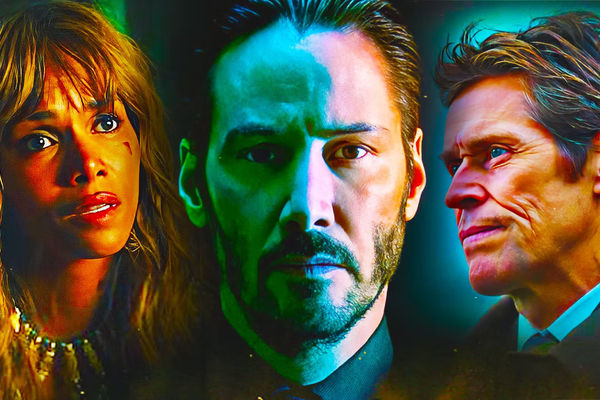 John Wick Could A Beloved Underrated Character Return After A Decade
May 07, 2025
John Wick Could A Beloved Underrated Character Return After A Decade
May 07, 2025 -
 Land Your Dream Private Credit Job 5 Essential Dos And Don Ts
May 07, 2025
Land Your Dream Private Credit Job 5 Essential Dos And Don Ts
May 07, 2025 -
 Laura Kenny And Jason Kenny Announce Daughters Birth
May 07, 2025
Laura Kenny And Jason Kenny Announce Daughters Birth
May 07, 2025 -
 Top 10 Hilarious April Fools Day Pranks Of All Time
May 07, 2025
Top 10 Hilarious April Fools Day Pranks Of All Time
May 07, 2025 -
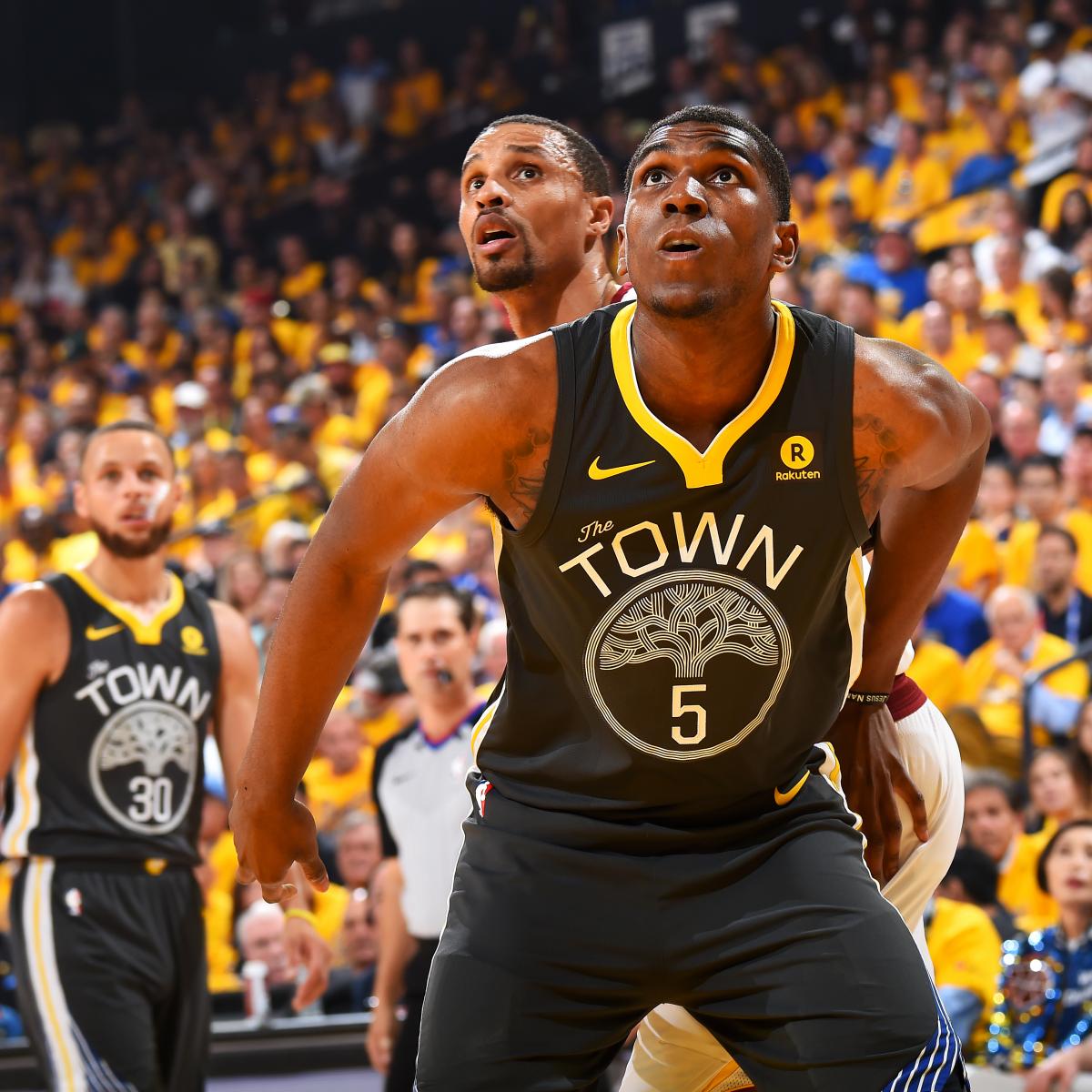 Warriors Pursuit Of Looney Nba Free Agency Update
May 07, 2025
Warriors Pursuit Of Looney Nba Free Agency Update
May 07, 2025
Latest Posts
-
 Papezovo Zdravje Stabilno A Zdravniki Ostajajo Zadrzani
May 07, 2025
Papezovo Zdravje Stabilno A Zdravniki Ostajajo Zadrzani
May 07, 2025 -
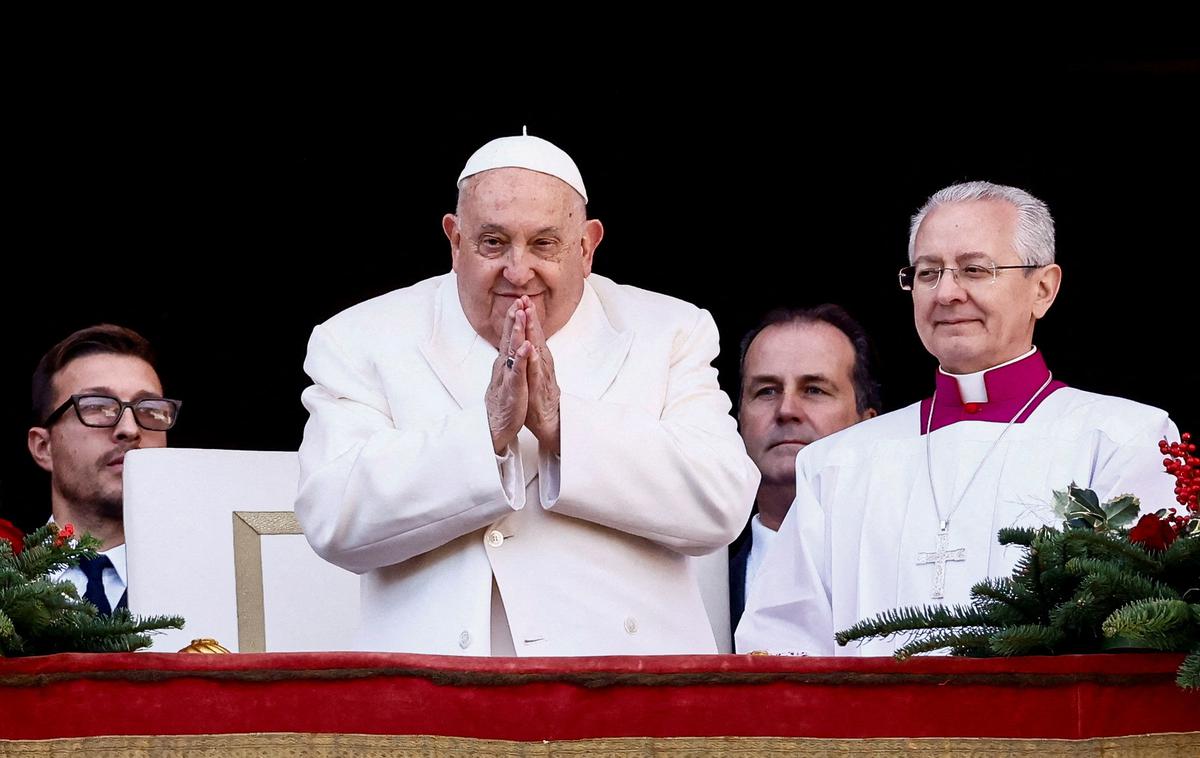 Zdravstveno Stanje Papeza Zadnje Informacije In Analiza
May 07, 2025
Zdravstveno Stanje Papeza Zadnje Informacije In Analiza
May 07, 2025 -
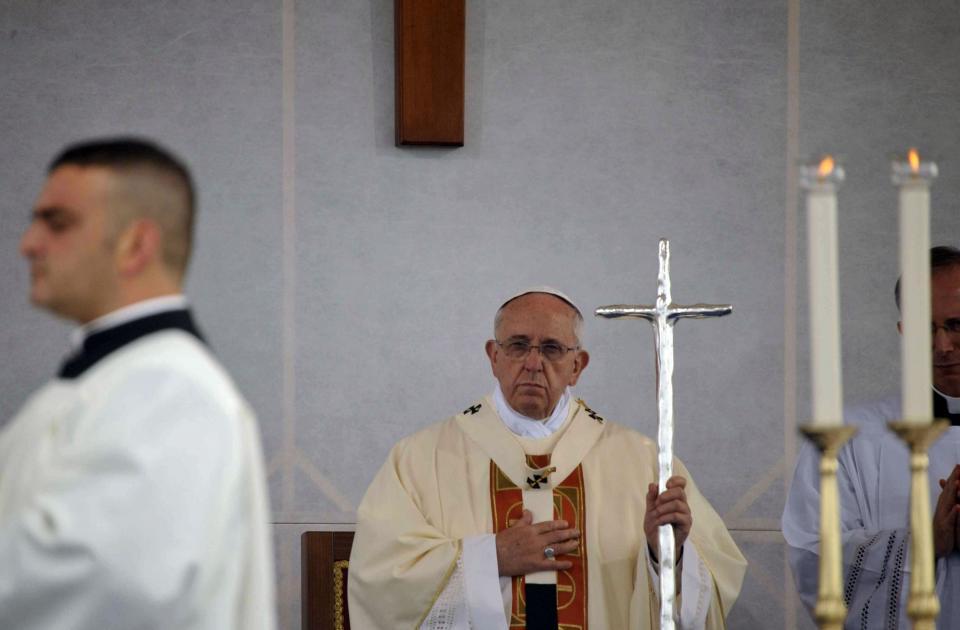 Papez Stabilno Stanje Zdravniki Previdni Glede Prognoze
May 07, 2025
Papez Stabilno Stanje Zdravniki Previdni Glede Prognoze
May 07, 2025 -
 Papezevo Zdravstveno Stanje Stabilno A Prognoza Negotova
May 07, 2025
Papezevo Zdravstveno Stanje Stabilno A Prognoza Negotova
May 07, 2025 -
 Smrtni Zrtve Pozara V Nocnem Klubu V Kocanih Pokop In Spomin
May 07, 2025
Smrtni Zrtve Pozara V Nocnem Klubu V Kocanih Pokop In Spomin
May 07, 2025
